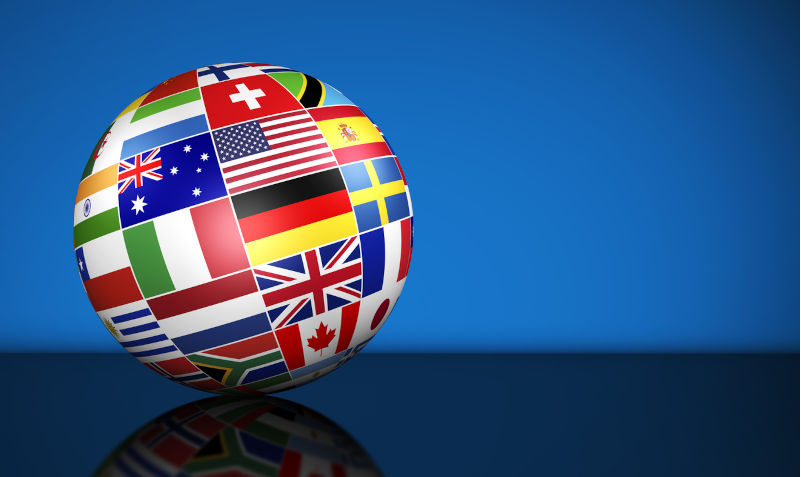Australia should use its power as an independent voice to push for peace
June 12, 2025
Australia occupies a unique position in the global landscape, bridging East and West both geographically and culturally. Yet it continues to underuse its potential as an independent, peace-building voice in international affairs.
I don’t claim political expertise. My insights come not from academic training, but from experience, love for my adopted country, and a deep sense of civic responsibility. I migrated to Australia in 1988 by choice and, over the decades, my wife and I have done our part to give back. We are now proud self-funded retirees. Our daughters, shaped by Australia’s education system, are now professionals contributing meaningfully to society. Australia gave us a future – and in return, we’ve given it our loyalty.
One of my most treasured memories is voting in a free democratic election here in 1993 – the first time I ever had that right. I was already over 40. That moment encapsulates everything I believed the West stood for: democracy, dignity and justice.
But as I have witnessed global events unfold over the years, I’ve grown disillusioned. Not with democracy itself, but with the double standards that Western democracies often uphold – Australia included.
Take, for instance, the invasion of Iraq or the prolonged devastation in Syria. Western nations spoke of liberating people, yet their interventions often resulted in immense suffering. More recently, the moral clarity shown by many Western countries in opposing Russia’s invasion of Ukraine stands in stark contrast to their muted responses — or outright complicity — when it comes to Israel’s decades-long occupation of Palestinian territories, or its annexation of the Syrian Golan Heights.
The disparity in how refugees are treated further underscores these contradictions. Ukrainian refugees were welcomed with open arms —rightly so — but others fleeing violence in the Middle East or Africa have faced barriers, suspicion or indefinite detention.
Australia often appears reluctant to exercise an independent foreign policy voice. Whether under Liberal or Labor Governments, it frequently aligns with US positions, even when those stances are at odds with the international consensus, or with the values Australia claims to uphold.
Consider Australia’s abstention from the 2017 United Nations vote rejecting Donald Trump’s unilateral recognition of Jerusalem as Israel’s capital. This decision, made under a Labor Government, shocked me deeply. It sent a message not of diplomacy, but of submission: to the US, and by extension, to Zionist interests embedded in global financial and political institutions.
Similarly, Australia’s more recent abstention from a UN resolution condemning Israel’s military response to the 7 October 2023 attacks felt like another abdication of moral clarity. The argument that “abstaining” is a form of diplomatic neutrality does not hold up when human rights and international law are at stake. Silence, in such moments, is complicity.
Prime Minister Anthony Albanese once expressed principled support for the Palestinian cause and the two-state solution. In government, however, his actions haven’t matched his earlier convictions. Claiming to support a Palestinian state, while refusing to take practical steps toward recognising it, only reinforces perceptions of political caution overriding moral commitment.
Australia can and should do more. The world faces interconnected crises – climate change, energy insecurity, economic instability and geopolitical conflict. These challenges demand multilateral solutions and credible mediators.
Australia is ideally positioned to be one of them. Its cultural affinity with the West and geographic proximity to Asia give it an opportunity few nations enjoy. But to act as a bridge, Australia must first build trust with its neighbours. That requires a foreign policy grounded in respect, sovereignty and independence – not one tethered to the policies of larger powers.
As a Syrian-born Australian, I carry with me the knowledge that Palestine was once part of Bilad ash-Sham — Greater Syria. I consider the plight of the Palestinian people as part of my own historical and emotional fabric. It would mean the world to me — and many others — if Australia played a more active role in resolving this longstanding injustice.
Australia must decide whether it wants to be a follower or a force for peace. It must choose between timid diplomacy and courageous leadership. The world is watching. So are those of us who once believed this country could lead by example.
The views expressed in this article may or may not reflect those of Pearls and Irritations.

